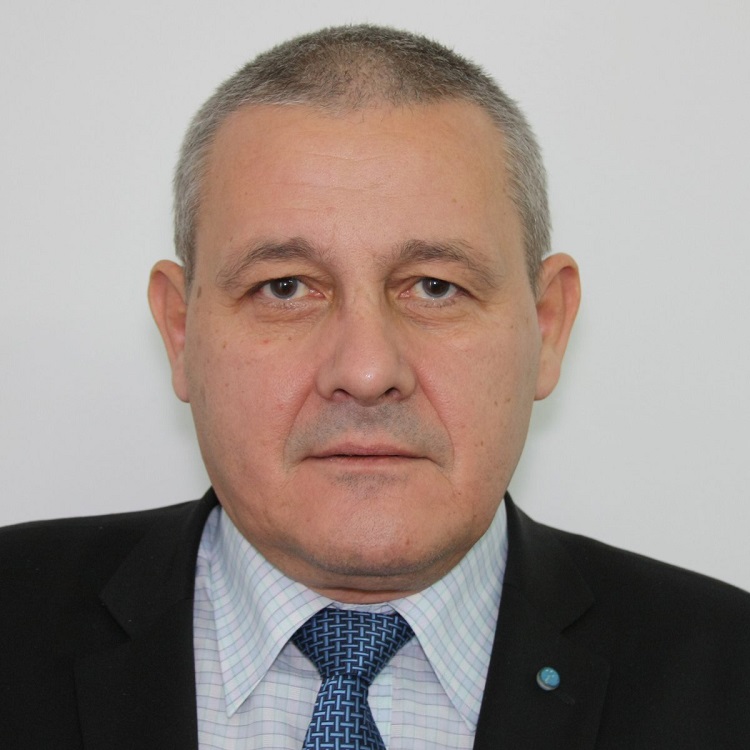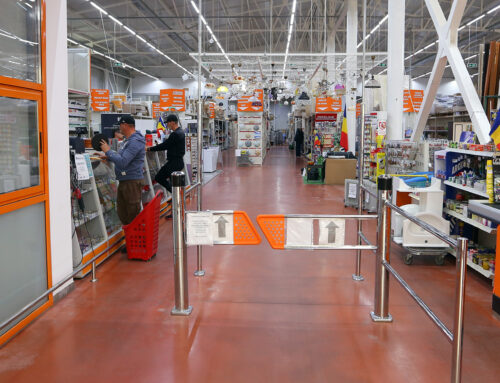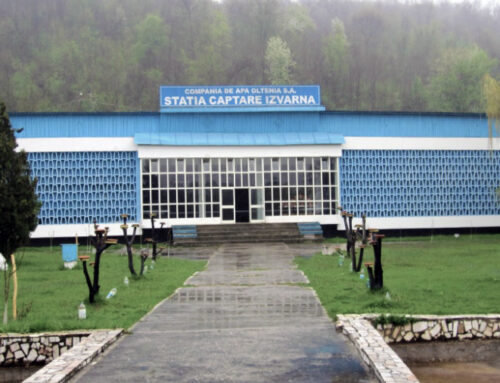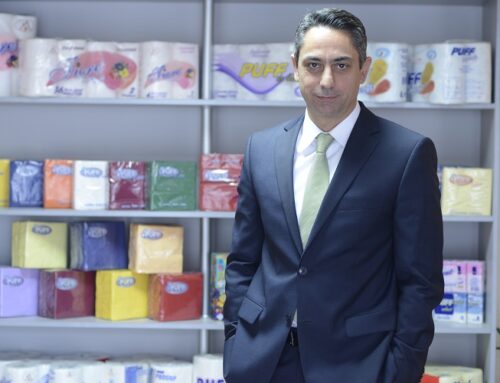
The Romanian Space Agency (ROSA), established in 1995, has made an important contribution to the European space programme and has many ambitious projects in the works. Dr. Phys. Marius-Ioan Piso is ROSA’s founder and current president and executive director. He discusses the agency’s activities and goals.
European Times: What are ROSA’s main responsibilities in the Romanian space programme?
Marius-Ioan Piso: ROSA is an independent, self-funded yet public organisation which manages Romanian R&D relating to space. ROSA promotes space development and represents Romania in international organisations, including the European Space Agency and the United Nations Committee on Peaceful Uses of Outer Space. Since 2002, ROSA has also been involved in civilian security research. We participate in the flagship Galileo programme, the European global satellite-navigation system, and the Copernicus programme. Romania has a strong reputation in astrophysics and Romanian researchers have contributed to more than 30 space missions over the years.
European Times: What are your priorities for space development in Romania and worldwide?
Marius-Ioan Piso: Space development involves many technologies with applications in other sectors, and space is an international issue which is critical for our planet. Romania was among the first Eastern European countries to partner with NASA in the 1970s, and ROSA concluded several international space agreements on behalf of the Romanian government. In 2006, Romania joined the European Space Agency and became the nineteenth ESA Member State in 2011. This has opened the door to increased technology transfer and has given Romania access to ESA space systems with applications in many fields. Our priorities right now are to support Romanian industry to obtain contracts with ESA, by consolidating our country expertise in several niche space areas. We have financed through the Programme for Research, Development and Innovation — STAR (Space Technology and Advanced Research) seven space technology competence centres, as well as many other projects meant to develop space capabilities for Romanian industry that are in demand at European and international level.
European Times: What are some of ROSA’s current projects, for example in the Galileo programme?
Marius-Ioan Piso: As of December 2015, 12 out of 30 satellites in the Galileo system were in orbit. Galileo will start offering early-operational capability later this year, initial operational capability in 2017-2018, and full operational capability in 2019. The complete Galileo system is expected to be operating by 2020. Galileo is to provide a new global search-and-rescue (SAR) function as part of the MEOSAR system. Satellites will be equipped with a transponder which will relay distress signals from emergency beacons to a rescue-coordination centre, which will then initiate a rescue operation. The system will also provide immediate feedback, which is a major upgrade over the existing Cospas-Sarsat system.
With regards to ROSA’s current projects, these include working with nano-satellites, a micro-launcher in collaboration with the ESA, radiation testing, a programme on handling big data in space, telemedicine, an atmospheric calibration centre, a project on the Black Sea, and an agricultural programme.





